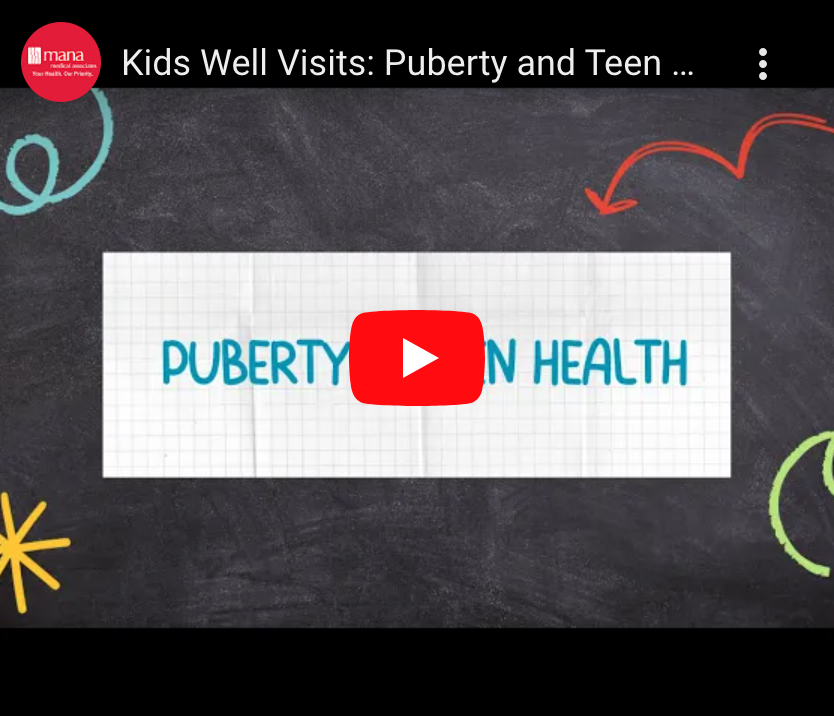Dr. Koehler set up the discussion in this video by asking, “Are you really going to talk to my kid about sex and puberty?”
Dr. Benafield assures him that she is. These conversations, she explains, make it clear to kids that your child’s pediatrician is a reliable source of information on these subjects. “Either we set the precedent that it’s your parents and your pediatrician that are going to give you the correct information,” she says, “or we’re going to rely on TikTok and Instagram and your friends at school.”
“If we don’t bring up those conversations,” says Dr. Koehler, “it’s hard to take that step with your kids.”
Puberty
Puberty is a significant period of physical and emotional change. Discussing it openly helps children understand what to expect, fostering a sense of empowerment and control over their bodies. This can alleviate anxiety and fear surrounding these natural developments.
Puberty can be confusing for children, though, and they might have many questions or worries. Pediatricians can provide accurate information and address any concerns children might have about physical changes, hygiene, or emotional fluctuations.
Puberty marks the transition to adulthood. Pediatricians can guide children toward healthy habits during this crucial time. Establishing proper nutrition, exercise, and sleep hygiene sets a good foundation for adult life. These habits contribute to healthy physical and emotional development.
While puberty is a natural process, variations or delays can also occur. Discussing puberty allows pediatricians to identify potential concerns, such as delayed development or hormonal imbalances. Early detection can ensure prompt intervention if necessary.
Your child’s pediatrician can help with these concerns as well as getting the ball rolling for honest communication between parents and kids.
“Talking to our kids is a life skill,” says Dr. Koehler. He says he likes to be a cheerleader for parents, too, and to encourage his young patients to talk with their parents. Take the opportunity to develop those communication channels with your kids.


